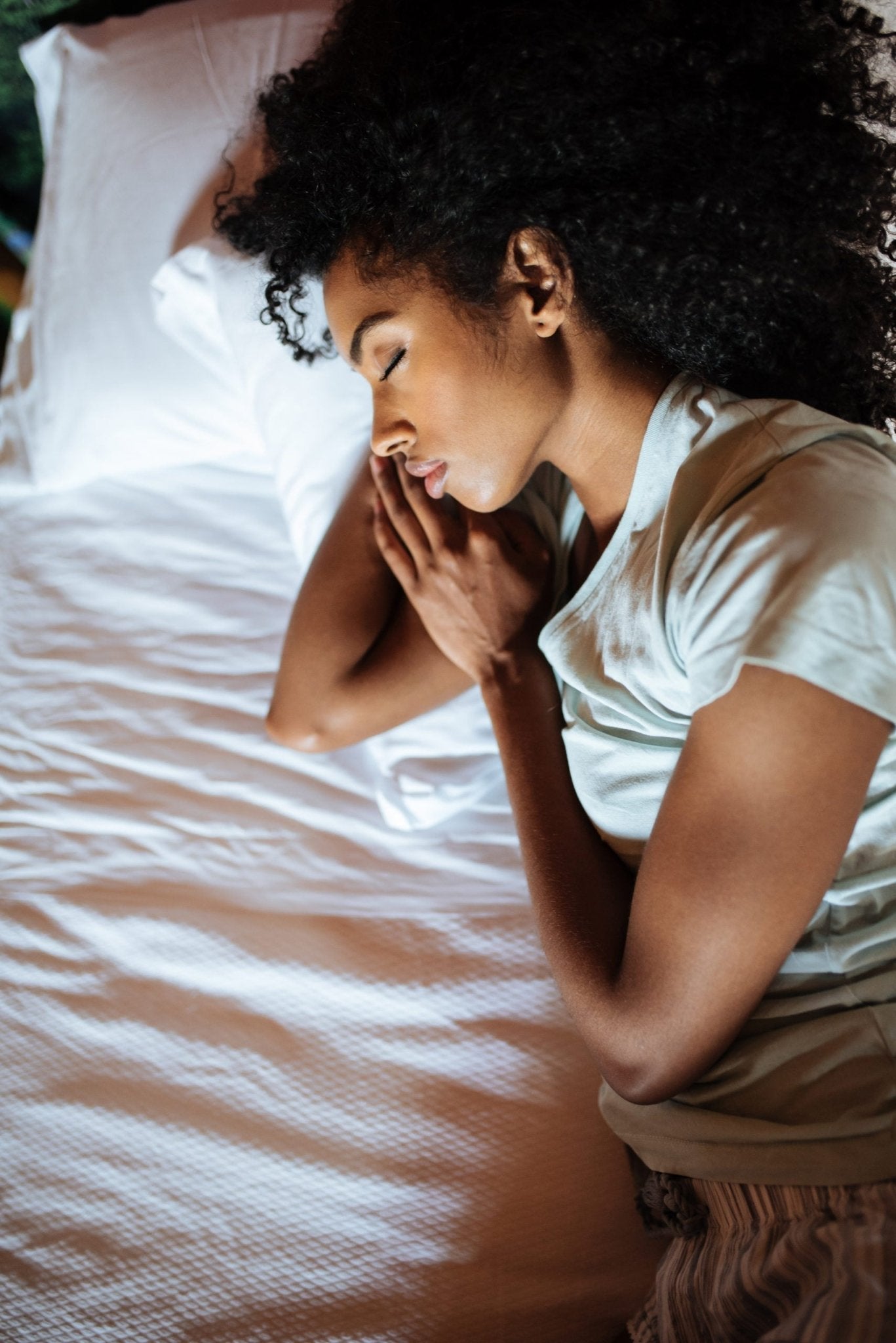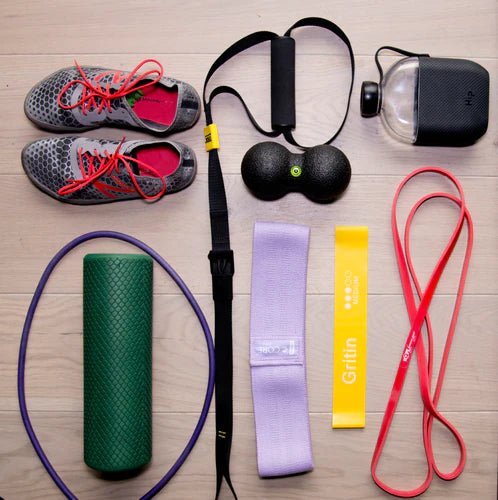The more we speak to women who have travelled for work, the more we hear tales of unexpected and often frightening events on the road, from credit card fraud to theft, and worse. We spoke to Simon Rowland, CEO of Veritas International (who offer security services to families and businesses) for his top ten solo travel safety tips for home and away.
We’re not into scaremongering, but as they say, forewarned is forearmed…
1. It’s all about preparation
Unless you’ve had a bad experience personally or you visit dangerous areas or countries frequently, you may not think twice about personal safety. However according to Rowland, self-protection is all about preparation. Before you head off on a trip, he suggests that you always prepare by taking ten minutes to ask yourself how you are going to deal different situations. “It’s about how you are going to deal with potential scenarios or how to limit your exposure to them,” he says. “It’s all about asking yourself the ‘What-ifs’,” he says, “Thinking things through and finding a solution, so that you’ll be streets ahead of everyone else.”
Rowland also stresses that gender equality is not necessarily universal, and many cultures don’t share the same beliefs. “I would say adopt a sceptical approach to everything,” he says.
2. How to guard against a power cut
If you’ve ever been in a hotel in a power cut, you’ll know scary it is. Depending on their star rating, some hotels may have safety lights, but it’s best to be prepared just in case. Rowland says, first off, always look as to where the safety escape is. He says it also pays to work out how many doors down the corridor your room is until you find the escape stairwell.
Other advice? Always charge your phone in case you need to use it in the night, and we suggest making an exception to the rule of not having your phone by your bed. If we’re away from home we find comfort in having it right next to our pillow.
3. Prime your phone
Depending on which country you’re visiting (it’s vastly different if you’re going to an underdeveloped country), Rowland advises you put the most important numbers on the speed dial in your phone. He also suggests adding in the number for the consulate or embassy, the country’s emergency number if they have one, a trusted contact in the country you are visiting and the number of a loved one. Make sure you know how to access speed dial if it’s not something you use regularly on your phone. His other suggestion is to make sure that ‘findmyiphone’ is switched on at all times.
One of Rowland’s suggestions is to use an app called Life360 which his company use with their clients. The app can accurately track where colleagues or family are. It also has a panic button that will alert others in your ‘circle’ if you are in trouble.

4. Taxi talk
We all know the importance of getting into a registered taxi, but Rowland says, it’s also very important that you don’t share a taxi with anyone you don’t know. He says your gut instinct is very important (trust it) so if you do find yourself in a taxi with bad vibes, Rowland suggests sitting directly behind the driver where they can’t reach you and where you can make an easier getaway. If you are staying at a hotel, he also suggests always getting your hotel to book you a taxi rather than hailing one off the street.
5. Choose your hotel wisely
If your work are serious about looking after their employees, you should tell them that for safety reasons they need to put you up in a better standard of hotel. According to Rowland, the higher the hotel’s star, the more secure it will be, “Without a doubt, a higher standard of hotel will take security more seriously wherever you are in the world” he says.
6. Leave valuables at home
If an airline has ever misplaced your luggage and it contained valuable clothes or jewellery, you will understand the importance of not travelling with pieces that mean the world to you. Rowland concurs that in most hotels the duty manager can get into your safe, which may make you think twice about bringing valuables with you.
When it comes to your passport, it’s advisable to take a photo or photocopy of the important pages, and to store them elsewhere so you can take them straight to the embassy if lost or stolen.
7. Pocketing money
Whilst most of us carry payment cards, it’s wise to carry some cash in case your card fails or it gets blocked abroad. But where should we keep cash that won’t get pick-pocketed or stolen? Rowland suggests keeping it in a discreet money belt, or a hidden compartment in a bag or purse. “It’s important to keep your ‘obvious pockets’ free so people can’t find anything,” he advises. We recommend using a Flip Belt which is reviewed here.
And if you find yourself in an area that makes you feel uncomfortable, Rowland actually suggests keeping ‘Muggers money’ on you,“Some cash that you have in a prearranged pocket that you could hand over if you had to. Something like the equivalent of £150 will normally be an incentive for a mugger to leave you alone” he says.
8. Trust your intuition
There is nothing like gut instinct to tell you that a situation isn’t right. We are firm believers that we all have a sixth sense that picks up on tiny details or bad energy and sends alarm signals when something feels wrong. “Even though you can’t put your finger on it,” says Rowland, “You should always trust it .”
9. Don’t pick your room at random
Rowland is a big advocate of choosing where you want your room and not allowing the hotel to book you in anywhere. If you’re unsure about the area you’re staying in then he suggests that you don’t book a room on the ground floor to avoid potential theft. Our founder Misty also recommends that you never book a hotel room higher than the 5th floor in case there was a fire and the ladders can’t reach any higher.
And if you really like to feel really secure in your room, or your door doesn’t have a lock, then Simon suggests travelling with a lightweight plastic door stop to put on the inside of your hotel room door (available on Amazon).

10. Guard your cards
It goes without saying that it’s important to keep your credit cards safe, but Rowland says it’s important to keep them in your sights at all times. Card thieves don’t need to actually swipe your cards or take it away nowadays, “Many now use a card reader,” says Rowland, “They just need to place the card on top of it to steal all your details. If it’s covered up with a piece of paper, then you won’t even know they’ve done it.” He recommends you never, under any circumstances allow anyone to walk off with your card and if you go to a petrol station, pay at the pump if you can.
Rowland highly recommends travelling with a card protector in your wallet which will protect against RFID (radio frequency identification) and make ‘skimming, ’ as it’s known, impossible. He suggests slimwalletjunkie.com.
Main image by Annelisa Burro



